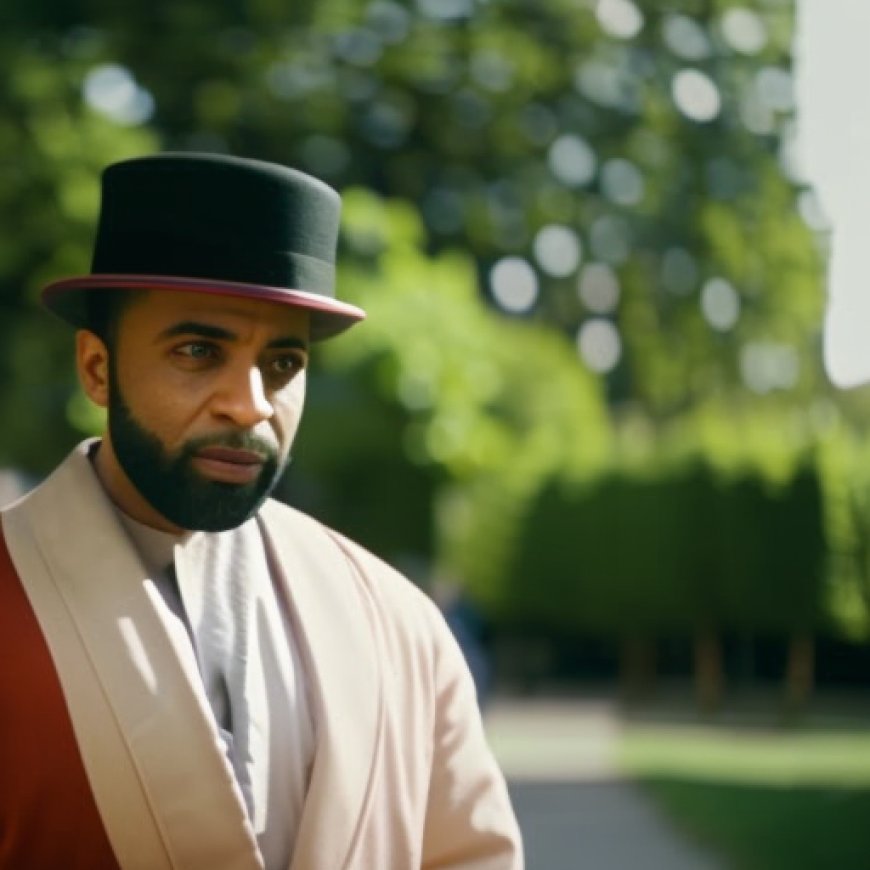Jaha Dukureh
TIME100 Health: Jaha Dukureh | TIME TIME


Sustainable Development Goals and Female Genital Mutilation (FGM)

In 2015, Jaha Dukureh’s native Gambia banned female genital mutilation (FGM)—a milestone for the West African country that had long allowed partial or total removal of female genitalia for nonmedical reasons. Dukureh played a key role in advocating for that legislation through Safe Hands for Girls, the nonprofit she founded that aims to end FGM, as well as child marriage.
The Potential Reversal of the Ban
But this March, Gambian lawmakers voted to advance a bill that would reverse the ban; a final vote will happen this summer. The subsequent months have been “the worst time,” Dukureh says. The cause is personal to her: She experienced FGM—a cultural practice that can lead to long-term health consequences, including infertility, urinary problems, and posttraumatic stress disorder—when she was 1 week old. Her half-sister died of complications from it. “It was important to lead an organization that was by people like us, who have lived experience and know how to tackle these issues in a respectful manner,” she says.
Fighting Against the Potential Reversal
Dukureh and her colleagues are already fighting the potential reversal—which would be the first in the world—by protesting, promoting dialogue with community members and religious leaders, striving to better understand where they’re coming from, and educating them. “They’re denying a lot of the pain that women and girls are going through, and just calling it Western influence,” she says.
Challenges and Determination
Dukureh’s own family members don’t always understand her mission. “I can’t tell you the amount of times in a day that I hear that I’m going to hell,” she says. “We’re up against our religious leaders, who say that we’re evil.”
That doesn’t sway her from her efforts. She feels it’s part of her destiny—and fears that a reversal in Gambia could encourage other countries to roll back laws that protect women. “It’s important for people to understand that you don’t have to go through FGM to know what we are dealing with,” she says. “This is a battle of women around the world—because you may not sound like me, you may not look like me, but what they are trying to do to our bodies is the same everywhere.”
SDGs, Targets, and Indicators
| SDGs | Targets | Indicators |
|---|---|---|
| SDG 5: Gender Equality | Target 5.3: Eliminate all harmful practices, such as child, early, and forced marriage and female genital mutilation | Indicator not mentioned in the article |
| SDG 3: Good Health and Well-being | Target 3.4: By 2030, reduce by one-third premature mortality from non-communicable diseases through prevention and treatment and promote mental health and well-being | Indicator not mentioned in the article |
| SDG 16: Peace, Justice, and Strong Institutions | Target 16.3: Promote the rule of law at the national and international levels and ensure equal access to justice for all | Indicator not mentioned in the article |
1. Which SDGs are addressed or connected to the issues highlighted in the article?
- SDG 5: Gender Equality
- SDG 3: Good Health and Well-being
- SDG 16: Peace, Justice, and Strong Institutions
2. What specific targets under those SDGs can be identified based on the article’s content?
- Target 5.3: Eliminate all harmful practices, such as child, early, and forced marriage and female genital mutilation
- Target 3.4: By 2030, reduce by one-third premature mortality from non-communicable diseases through prevention and treatment and promote mental health and well-being
- Target 16.3: Promote the rule of law at the national and international levels and ensure equal access to justice for all
3. Are there any indicators mentioned or implied in the article that can be used to measure progress towards the identified targets?
No, the article does not mention or imply any specific indicators that can be used to measure progress towards the identified targets.
Copyright: Dive into this article, curated with care by SDG Investors Inc. Our advanced AI technology searches through vast amounts of data to spotlight how we are all moving forward with the Sustainable Development Goals. While we own the rights to this content, we invite you to share it to help spread knowledge and spark action on the SDGs.
Fuente: time.com

Join us, as fellow seekers of change, on a transformative journey at https://sdgtalks.ai/welcome, where you can become a member and actively contribute to shaping a brighter future.







